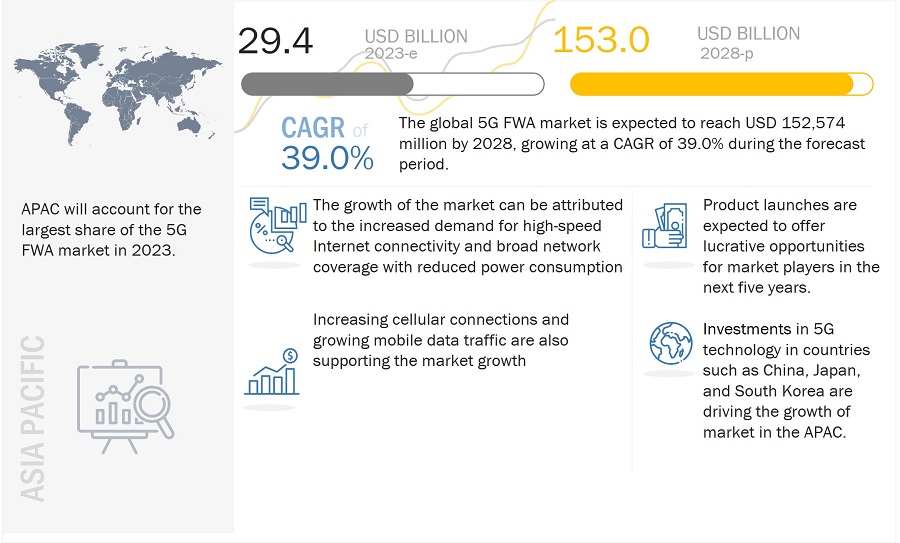The Impact of FWA on the Telecom Industry: 5G and Beyond
telcomatraining.com – In the fast-paced world of telecommunications, Fixed Wireless Access (FWA) has emerged as a transformative technology, reshaping how we connect homes and businesses to the internet. With the rollout of 5G networks, FWA has gained significant momentum, offering high-speed, reliable alternatives to traditional wired connections. As we look beyond 5G, FWA is poised to play an even greater role, pushing the telecom industry toward a more flexible, inclusive future.
What is Fixed Wireless Access (FWA)?
FWA uses wireless network technology to provide broadband services to fixed locations such as homes and offices. Unlike traditional fiber or cable connections, FWA eliminates the need for extensive physical infrastructure, relying instead on radio frequencies to deliver internet access. This approach significantly reduces deployment costs and time, making broadband services more accessible, especially in underserved and rural areas.
The Rise of FWA with 5G
The introduction of 5G has been a game-changer for FWA. Thanks to 5G’s ultra-low latency, high bandwidth, and enhanced reliability, FWA can now offer speeds comparable to, or even exceeding, those of fiber-optic connections. According to industry reports, 5G-powered FWA services can achieve download speeds exceeding 1 Gbps, providing a strong alternative for consumers and businesses alike.
Telecom operators are capitalizing on this opportunity. Many have expanded their service portfolios to include FWA, targeting customers who demand high-speed internet without the delays and costs associated with wired infrastructure. The flexibility of FWA allows carriers to penetrate new markets rapidly, boosting revenue streams and enhancing customer satisfaction.
How FWA is Transforming the Telecom Industry
The impact of FWA on the telecom sector is profound. Here are a few key areas where FWA is making a difference:
1. Bridging the Digital Divide
FWA is helping to close the digital divide by delivering high-speed internet to remote and underserved regions. Traditional fiber deployment in rural areas is often economically unfeasible, but FWA offers a cost-effective solution, enabling equal access to digital resources.
2. Accelerating Time-to-Market
Telecom companies can deploy FWA much faster than wired solutions. Without the need to dig trenches or lay cables, providers can activate services in a matter of days instead of months. This agility is crucial in a competitive market where speed to service can define success.
3. Enabling New Business Models
FWA opens doors for innovative business models. Operators can offer flexible data plans, bundle services, or customize offerings based on customer needs. This adaptability is vital as consumer expectations evolve with advancing technology.
4. Reducing Infrastructure Costs
By relying on existing mobile networks, FWA minimizes the need for extensive new investments in physical infrastructure. This not only reduces costs for telecom operators but also makes it easier to scale services as demand grows.
5. Driving 5G Monetization
For many carriers, FWA is a key strategy for monetizing their 5G investments. Offering premium FWA services allows them to generate revenue quickly while showcasing the capabilities of their 5G networks.
Beyond 5G: The Future of FWA
As we move beyond 5G, the potential of FWA continues to expand. Emerging technologies like 6G promise even faster speeds, lower latency, and higher network capacity. With advancements in AI-driven network management and beamforming techniques, FWA will become even more efficient and reliable.
Moreover, the growing adoption of IoT devices and smart homes will increase demand for robust, high-speed internet connections, further positioning FWA as a cornerstone of future connectivity. Telecom providers that invest early in next-generation FWA technologies will be well-positioned to lead the market.
Conclusion
The impact of Fixed Wireless Access on the telecom industry is undeniable. Fueled by the advancements of 5G and poised for greater innovation beyond, FWA is revolutionizing internet accessibility, accelerating deployment times, and offering new opportunities for telecom operators. As the digital landscape evolves, embracing FWA will be crucial for carriers aiming to stay competitive and meet the ever-growing demand for fast, reliable connectivity.






